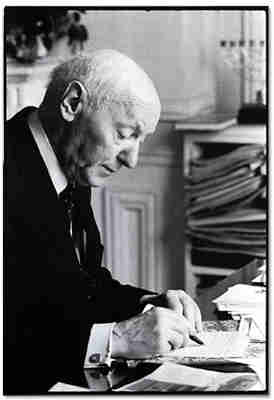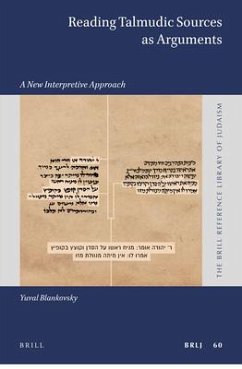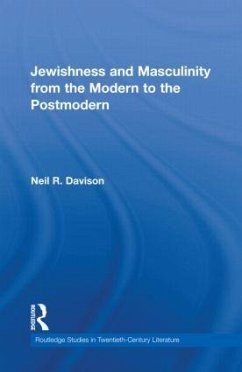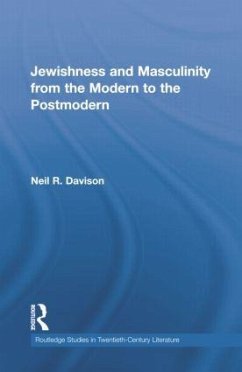
Isaac Bashevis Singer: Writings on Yiddish and Yiddishkayt
A Spiritual Reappraisal, 1946-1955 Volume 2
Übersetzer: Stromberg, David
Versandkostenfrei!
Versandfertig in über 4 Wochen
19,99 €
inkl. MwSt.
Weitere Ausgaben:

PAYBACK Punkte
10 °P sammeln!
Between 1946 and 1955 Isaac Bashevis Singer underwent a total transformation. During the post-Holocaust period Singer reappraised everything he knew, questioned all his assumptions, and rebuilt his artistic vision. This transformation would soon become evident in his literary fiction, but it was also laid out for readers in essays that appeared in the pages of the Yiddish daily Forverts. Sitting in New York, with the Cold War and McCarthyism gripping American hearts and minds, Singer dove deep into his cultural and spiritual heritage to turn the moral and social principles of the past into wor...
Between 1946 and 1955 Isaac Bashevis Singer underwent a total transformation. During the post-Holocaust period Singer reappraised everything he knew, questioned all his assumptions, and rebuilt his artistic vision. This transformation would soon become evident in his literary fiction, but it was also laid out for readers in essays that appeared in the pages of the Yiddish daily Forverts. Sitting in New York, with the Cold War and McCarthyism gripping American hearts and minds, Singer dove deep into his cultural and spiritual heritage to turn the moral and social principles of the past into workable tools that could build a viable Jewish future. Some of the issues that Singer raises in this collection are not only prescient-- they are more urgent in our day than they were in his. Throughout, Singer reminds us that the human spirit is our greatest treasure and that we are each personally responsible for its safekeeping.













